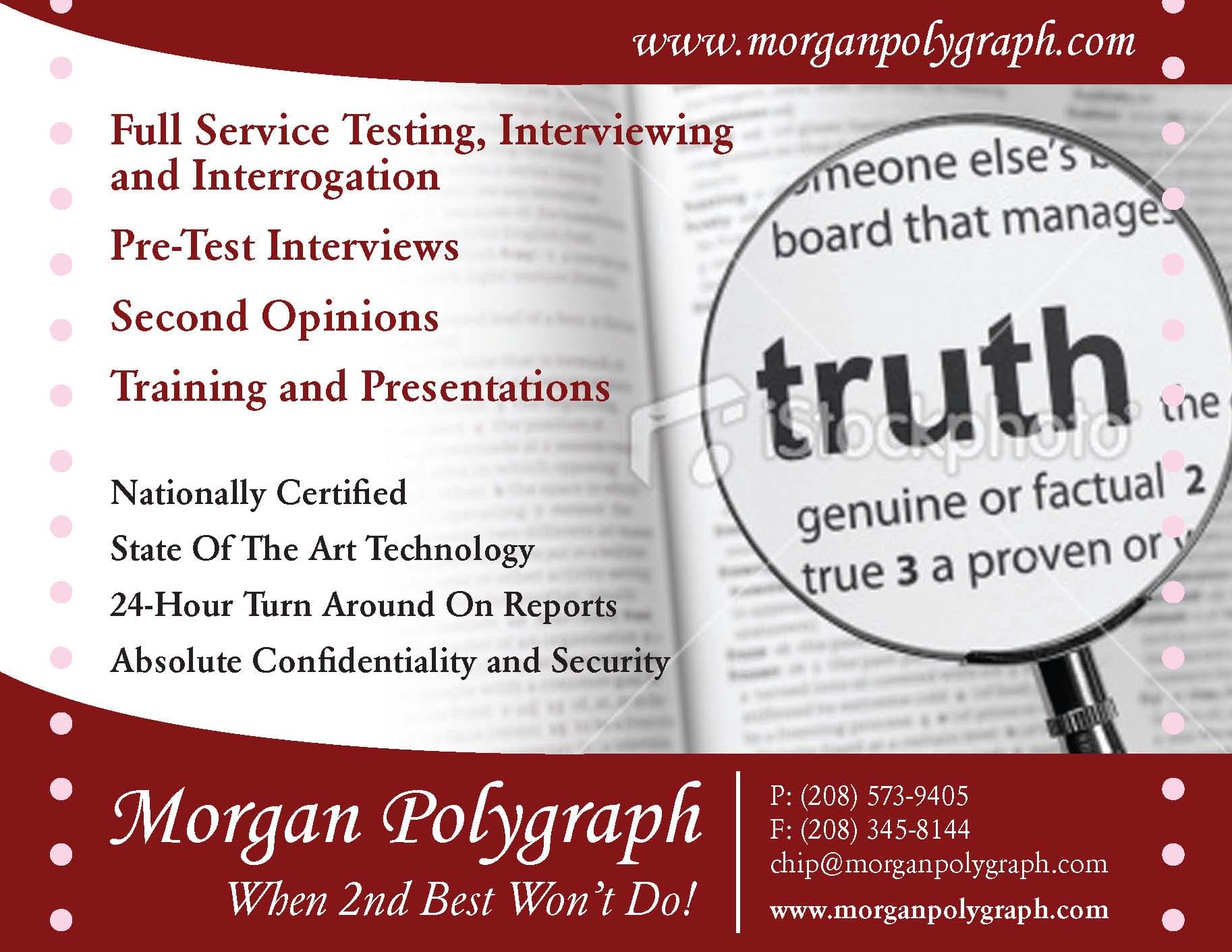Understanding the Ethical Framework for Polygraph Licensing

Understanding the Ethical Framework for Polygraph Licensing
The polygraph, commonly known as a lie detector, has been a subject of intrigue and skepticism. Its use spans various fields, from criminal investigations to employment screenings. However, the ethical considerations and licensing requirements governing its use are often overlooked. This blog post delves into the ethical framework for polygraph licensing, offering insights into the regulations and ethical concerns surrounding this controversial tool.
<h2>Introduction to Polygraph Testing</h2>
<p>Polygraph testing involves measuring physiological responses such as heart rate, blood pressure, and skin conductivity while a subject answers a series of questions. The underlying premise is that deceptive answers will trigger distinctive physiological responses. Despite its widespread use, the accuracy and ethical implications of polygraph testing remain hotly debated.</p>
<h3>The Role of Polygraph Examiners</h3>
<p>Polygraph examiners play a crucial role in the administration and interpretation of polygraph tests. Their expertise and ethical judgment are critical in ensuring that the tests are conducted fairly and accurately. Examiners must adhere to strict guidelines, balancing the need for truth with respect for the subject's rights and dignity.</p>
<h2>Polygraph Licensing: An Overview</h2>
<p>Polygraph licensing involves a comprehensive process to ensure that examiners are qualified and adhere to ethical standards. Licensing requirements vary by jurisdiction, but generally include training, examination, and adherence to a code of ethics.</p>
<h3>Training and Certification</h3>
<p>Prospective polygraph examiners must undergo rigorous training, covering both the technical and ethical aspects of polygraph testing. Certification often requires completing a program accredited by a recognized polygraph organization, such as the American Polygraph Association (APA).</p>
<h3>Examination and Continuing Education</h3>
<p>After initial training, candidates must pass a licensing examination that tests their understanding of polygraph techniques and ethical considerations. Moreover, licensed examiners are usually required to engage in ongoing education to stay updated on evolving methodologies and ethical standards.</p>
<h2>Ethical Considerations in Polygraph Testing</h2>
<p>The ethical framework for polygraph testing is designed to protect the rights of subjects and ensure the integrity of the results. Ethical guidelines address issues such as informed consent, confidentiality, and the appropriate use of results.</p>
<h3>Informed Consent</h3>
<p>One of the primary ethical requirements is obtaining informed consent from the subject before conducting a polygraph test. This involves explaining the test procedure, potential outcomes, and the subject's right to decline participation without repercussions.</p>
<h3>Confidentiality and Data Protection</h3>
<p>Maintaining confidentiality is paramount in polygraph testing. Examiners must ensure that test results and any related data are securely stored and shared only with authorized parties. Violations of confidentiality can undermine trust and lead to legal repercussions.</p>
<h2>Regulatory Bodies and Standards</h2>
<p>Several regulatory bodies oversee polygraph licensing and ethical standards. These organizations provide guidelines and enforce compliance to ensure that polygraph testing is conducted responsibly.</p>
<h3>The American Polygraph Association (APA)</h3>
<p>The APA is a leading organization that sets standards for polygraph testing in the United States. It offers certification programs, ethical guidelines, and resources for examiners. The APA's standards are widely recognized and respected in the field.</p>
<h3>International Standards and Practices</h3>
<p>Globally, polygraph testing practices vary, with each country establishing its own regulatory framework. However, international organizations, such as the International Society of Polygraph Examiners (ISPE), work towards harmonizing standards across borders.</p>
<h2>Challenges and Controversies</h2>
<p>The use of polygraph tests is fraught with challenges and controversies. Critics argue that the tests are not foolproof and can lead to false positives or negatives. Moreover, ethical dilemmas arise when tests are used in sensitive contexts, such as employment screenings.</p>
<h3>Accuracy Concerns</h3>
<p>Research on the accuracy of polygraph tests presents mixed results. While some studies suggest high accuracy rates, others highlight the potential for error. This uncertainty underscores the need for cautious and ethical use of polygraph testing.</p>
<h3>Legal and Ethical Implications</h3>
<p>Legal frameworks surrounding polygraph testing vary, with some jurisdictions imposing strict restrictions on its use. Ethical considerations, such as the rights of subjects and the potential consequences of test results, further complicate the use of polygraphs.</p>
<h2>Best Practices for Ethical Polygraph Testing</h2>
<p>To navigate the complexities of polygraph testing, examiners should adhere to best practices that prioritize ethical considerations and accuracy.</p>
<h3>Building Trust and Transparency</h3>
<p>Establishing trust and transparency with subjects is crucial. Examiners should clearly communicate the purpose, process, and potential outcomes of the test, ensuring that subjects feel respected and informed.</p>
<h3>Regular Training and Ethical Review</h3>
<p>Continuous training and ethical review are essential for maintaining high standards in polygraph testing. Examiners should seek opportunities for professional development and engage in regular ethical reviews to ensure compliance with evolving standards.</p>
<h2>Conclusion</h2>
<p>Understanding the ethical framework for polygraph licensing is essential for ensuring the responsible use of this powerful tool. By adhering to rigorous training, certification, and ethical standards, polygraph examiners can uphold the integrity of the testing process while respecting the rights and dignity of subjects. As the field evolves, ongoing education and ethical vigilance will remain critical components of ethical polygraph testing.</p>
<p>By following these guidelines and remaining informed about the latest developments in polygraph testing, practitioners can navigate the ethical and legal landscape with confidence, ensuring that their work contributes to justice and fairness.</p><p><a href="https://morganpolygraph.com">For more info, click HERE</a></p>
